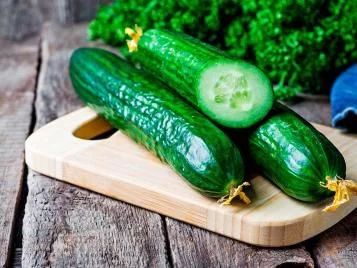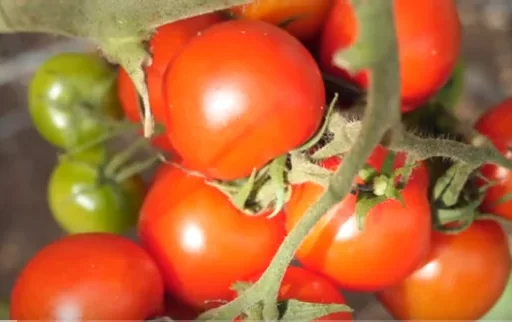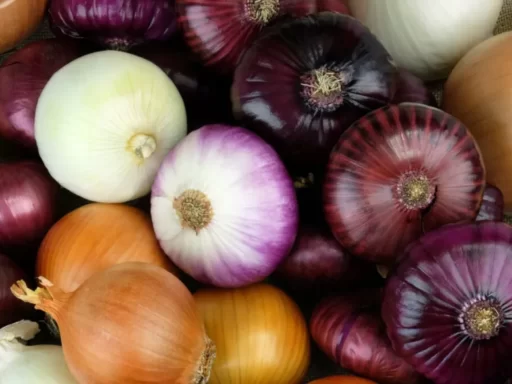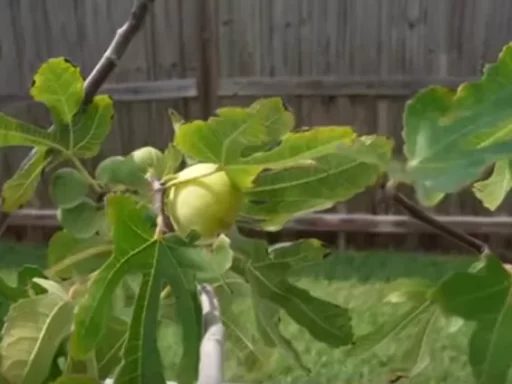Cucumbers are a refreshing staple in gardens, particularly along the Southeastern coast of North Carolina, where the summer harvests begin around May. However, many gardeners face the issue of bitter cucumbers, which can ruin the taste of salads and snacks. This article will explore effective strategies for growing cucumbers that are consistently sweet and enjoyable, ensuring that your gardening experience is as fruitful as it is delicious.
Understanding Cucumber Bitterness
Before diving into tips for cultivation, it’s essential to understand why cucumbers can develop a bitter flavor. Cucumbers belong to the Cucurbitaceae family, which also includes squashes, melons, and gourds. Within these plants, a compound called cucurbitacin is responsible for the bitterness often found in cucumbers and some melons. Typically, cucurbitacin remains contained in the roots, stems, and leaves of the plant. However, under stress—such as drought, heat, or disease—this compound can migrate into the fruit, leading to bitterness.
To avoid this, gardeners can adopt several practices that promote healthy growth and minimize stress on cucumber plants. Here are some essential tips to ensure your cucumbers stay sweet throughout the growing season.
Tip 1: Choose the Right Cucumber Varieties
One of the most effective ways to prevent bitterness in cucumbers is to select burpless varieties. These types naturally have lower levels of cucurbitacin, making them less prone to bitterness even under stress. Burpless cucumbers are ideal for those who enjoy fresh cucumbers without the unpleasant aftereffects, like burping.
Some excellent burpless varieties to consider include ‘Party Time,’ ‘Bait Alpha,’ ‘China Jade,’ ‘Suyo Long,’ and ‘Early Prince.’ These modern cultivars not only boast a more pleasant taste but also offer greater yields compared to older varieties. Additionally, many of these are parthenocarpic, meaning they can produce fruit without pollination, resulting in seedless and sweeter cucumbers.
Tip 2: Maintain Consistent Watering and Fertilization
While choosing the right variety is crucial, ensuring your plants receive adequate water and nutrition is equally important. Stress from uneven watering can exacerbate the bitter taste in cucumbers. Implementing a drip irrigation system allows for deep watering, ensuring that the plants receive moisture consistently. It’s recommended to water cucumbers deeply about once a week, depending on the climate and soil conditions.

To further retain soil moisture, applying a thick layer of mulch around your plants can be beneficial. Mulch helps regulate temperature and moisture levels in the soil, preventing drastic changes that could stress the plants.
Fertilization also plays a critical role in producing sweet cucumbers. Fertilizing every two weeks with a balanced, all-purpose fertilizer can keep the leaves healthy and green. Healthy foliage means less likelihood of bitterness in the fruits. A combination of granulated fertilizers and water-soluble options like fish emulsion can provide comprehensive nutrition for your plants.
Tip 3: Protect Against Heat Stress
Heat stress is another critical factor that can lead to bitterness in cucumbers. During peak summer months, temperatures can soar, putting extra stress on your plants. One effective solution is to use shade cloth, which can help shield your cucumbers from the harsh sun.
A shade cloth with a 30-40% shade factor is ideal for protecting your plants while allowing enough sunlight for photosynthesis. This simple measure can dramatically reduce stress levels in your cucumber plants, helping to maintain their sweetness even in scorching temperatures.
Tip 4: Harvest Regularly
Regular harvesting is vital to keeping cucumber plants healthy and productive. When cucumbers are allowed to mature and turn yellow, they signal to the plant that it has fulfilled its purpose, which can lead to premature plant decline. The more cucumbers you harvest, the more fruit the plant will produce, ensuring a continuous supply throughout the season.
It’s essential to check under the foliage regularly, as cucumbers can hide among the leaves. Missing even one fruit can signal the plant to go into decline, leading to bitterness in remaining cucumbers. Aim to pick cucumbers while they are still small and tender for the best taste.
Conclusion
Growing cucumbers that are never bitter requires a combination of choosing the right varieties, maintaining consistent watering and fertilization, protecting against heat stress, and harvesting regularly. By implementing these practices, gardeners can enjoy a bountiful harvest of sweet, crisp cucumbers that enhance salads, sandwiches, and snacks alike.
Frequently Asked Questions
- What causes cucumbers to be bitter?
- Bitterness in cucumbers is primarily due to the presence of cucurbitacin, a compound that can migrate into the fruit under stress conditions.
- What are burpless cucumbers?
- Burpless cucumbers are varieties that naturally contain lower levels of cucurbitacin, making them less likely to cause bitterness or gastrointestinal discomfort after consumption.
- How often should I water my cucumber plants?
- Cucumbers should be watered deeply about once a week, but the frequency may vary based on your local climate and soil conditions.
- What type of fertilizer should I use for cucumbers?
- A balanced, all-purpose fertilizer with an NPK ratio of around 5-5-5 is recommended. Additionally, using fish emulsion can provide extra nutrients.
- How can I prevent heat stress in my cucumber plants?
- Using shade cloth can protect cucumber plants from extreme heat and help reduce stress levels, preventing bitterness.
- When should I harvest cucumbers for the best taste?
- Cucumbers should be harvested when they are still small and tender. Regular harvesting encourages more fruit production.
- Why is it important to mulch around cucumber plants?
- Mulching helps retain soil moisture, regulates temperature, and prevents drastic fluctuations that can stress the plants.



